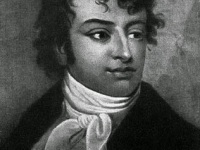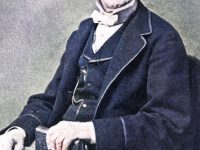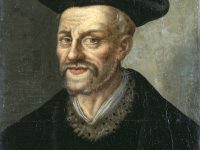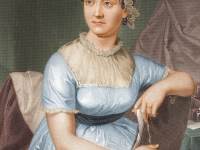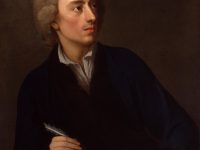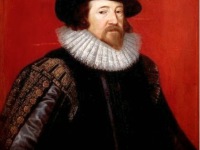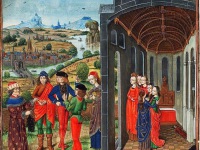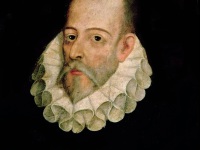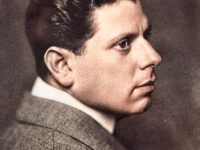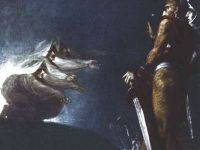August Wilhelm Schlegel and his Shakespeare Translations
On September 8, 1767, German poet, translator, and critic August Wilhelm Schlegel was born, who became a foremost leader of German Romanticism. He is best known for his translations of Shakespeare‘s works into German. “The poetry of the ancients was that of possession, ours is that of longing, which is firmly rooted in the present, which is caught between memory and punishment.” – August Wilhelm Schlegel, Lectures on dramatic art and literature,…
Read more

